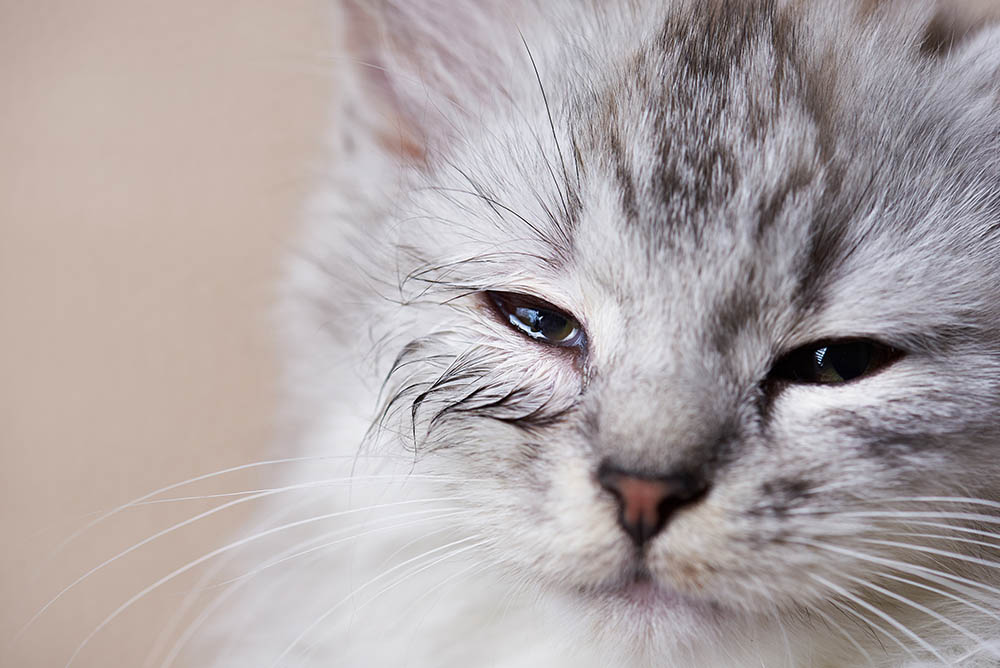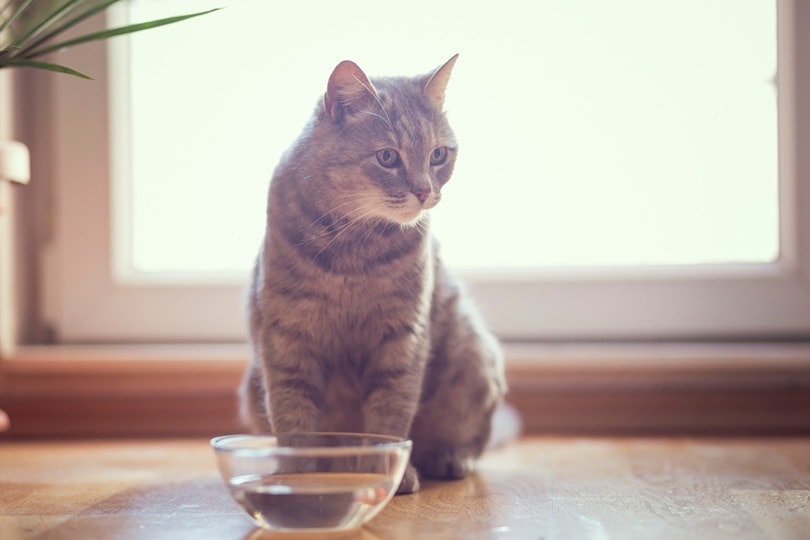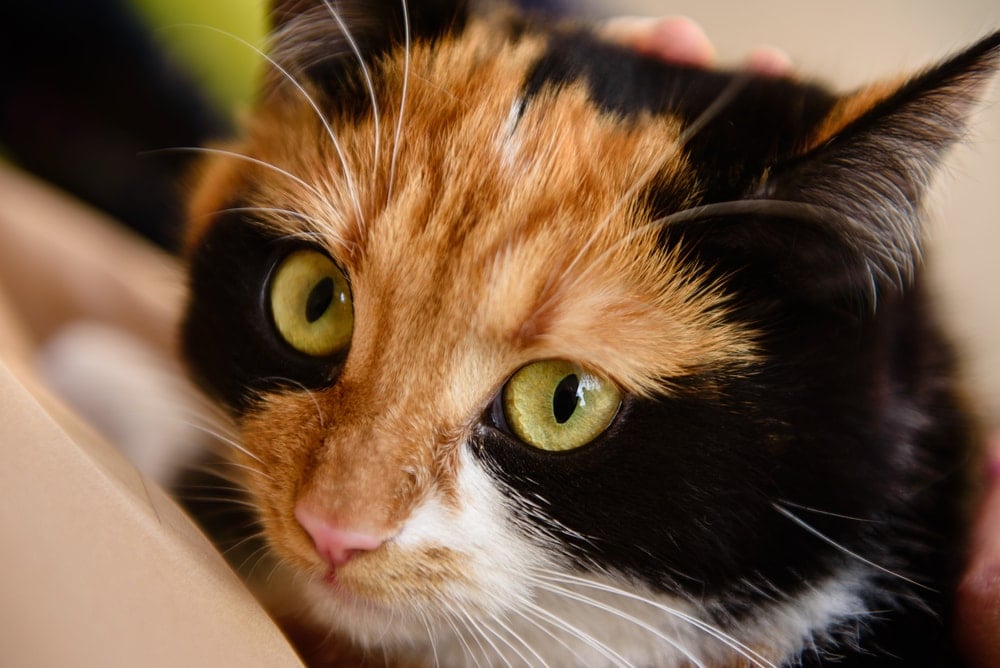Are Zinnias Poisonous to Cats? Vet-Approved Safety Facts
Updated on
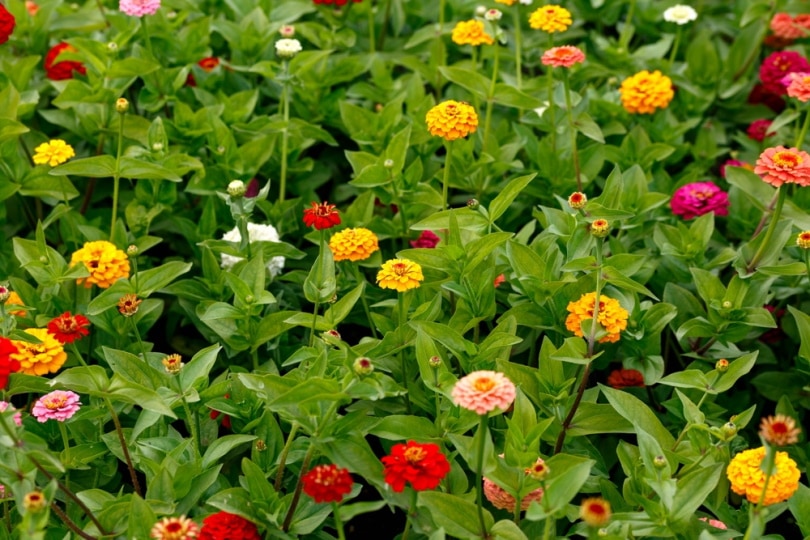
There are a lot of beautiful flowers out there, but not all of them are safe for our feline friends. So, are zinnias poisonous to cats?
Concerned cat owners everywhere will be happy to know that zinnias are not poisonous to cats. In fact, they are a great flower to have in your garden because they are both beautiful and safe for cats.
What Are Zinnias and What Do They Look Like?
Zinnias are a genus of flowering plants in the sunflower family. They are native to Mexico and Central America, but they have been introduced to many other countries around the world.
There are many different species of zinnia, but they all have brightly colored petals that can be either single or double. The most common colors are yellow, orange, and red, but there are also some varieties that are pink, purple, or white.
Zinnias are annual plants, which means they only live for one growing season. They grow best in warm climates and prefer full sun.

Are Zinnias Poisonous to Cats?
No, zinnias are not poisonous to cats. In fact, they are actually a good flower to have in your garden if you have cats because they are safe for them to be around.
All parts of the plant (flower, stem, leaves, and seeds) are non-toxic to cats. So, if your cat happens to nibble on a zinnia, they will be just fine.
Of course, as with any plant, it is always best to supervise your cat around flowers just to be safe. Some cats may be allergic to certain plants or have sensitive stomachs that can be upset by eating plants.
If you notice your cat starting to chew on a zinnia, just gently discourage them and give them something else to chew on, like a catnip toy.
Other Cat-Safe Plants
In addition to zinnias, there are many other plants that are safe for cats. Some other common cat-safe plants for your garden include:
- Violets
- Nasturtium
- Snapdragon
- Camellia
There are many, many different plants that are perfectly safe to have around cats. There is also a handful that is toxic. You don’t need to know every single plant species, of course; just check with a reputable source like the ASPCA before bringing new plants into your home or garden.
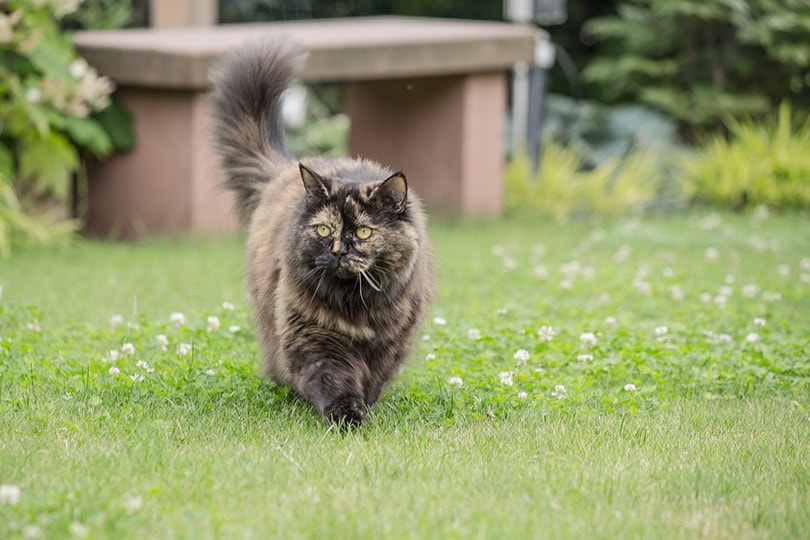
How Can You Prevent Your Cat from Eating Plants?
Just because a plant is non-toxic doesn’t mean you want your cat to eat it. Some plants, like zinnias, are not poisonous but can still cause an upset stomach if eaten in large quantities.
Additionally, your cat destroying plants can be a hassle and a waste of money. If you have a cat that likes to nibble on your plants, there are a few things you can do to deter them:
If you are concerned about your cat eating plants, there are a few things you can do to deter them:
- Keep houseplants out of reach. Cats are natural climbers, so if you have houseplants that are within reach, your cat will most likely try to eat them. Keep houseplants up high, on shelves, or in cabinets where cats can’t get to them.
- Use a plant deterrent. There are many different commercial products available that will deter cats from eating plants. These products usually contain bitter-tasting chemicals that will discourage cats from chewing on plants.
- Give them something else to chew on. If your cat is chewing on plants because they are bored or need to chew for dental health, give them something else to chew on, like a catnip toy or a piece of rawhide.
- Provide plenty of stimulation. Boredom is often the reason cats chew on plants. Be sure to provide plenty of toys and playtime to keep your cat occupied and prevent them from getting bored.
- Plant cat-specific plants. If you have an indoor or outdoor cat that likes to nibble on plants, there are a few plant species that are specifically for cats, such as catnip or cat grass. These plants are safe for cats to eat and will not cause any stomach upset.
With a little effort, you can deter your cat from eating plants and keep them safe at the same time. Just be sure to supervise them around plants, especially if they are new to your home or garden.
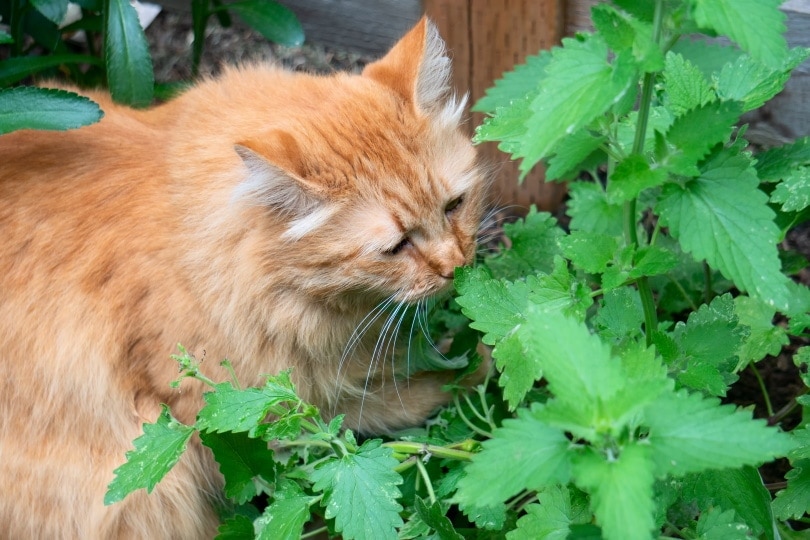
Final Thoughts
Zinnias are a beautiful, brightly colored flower perfect for adding a pop of color to any garden.
They are also safe for cats, making them a great choice for homes with feline friends. Just be sure to keep an eye on your cat around other types of plants, as some can be toxic to them.
Featured Image Credit: Max_555, Shutterstock


